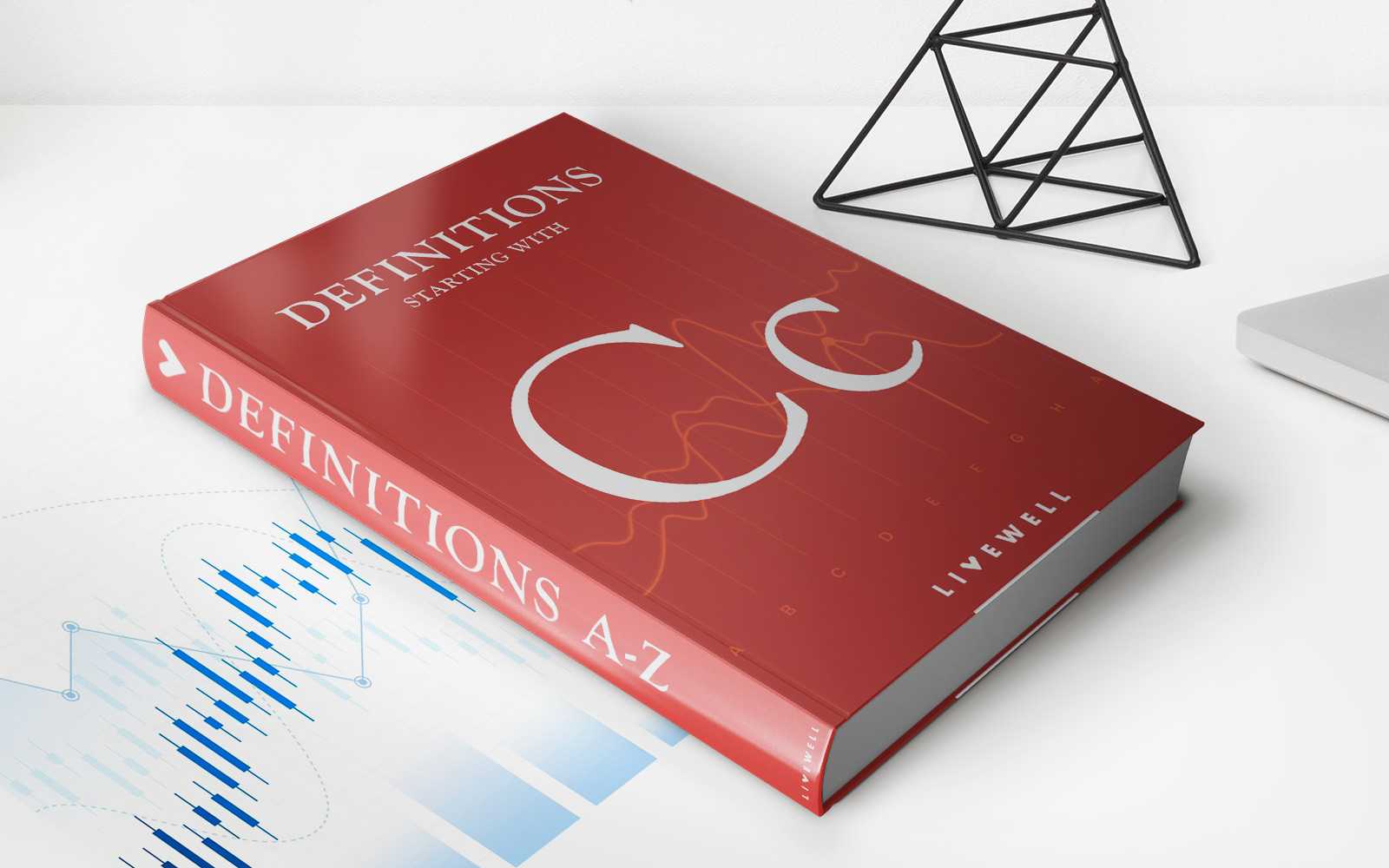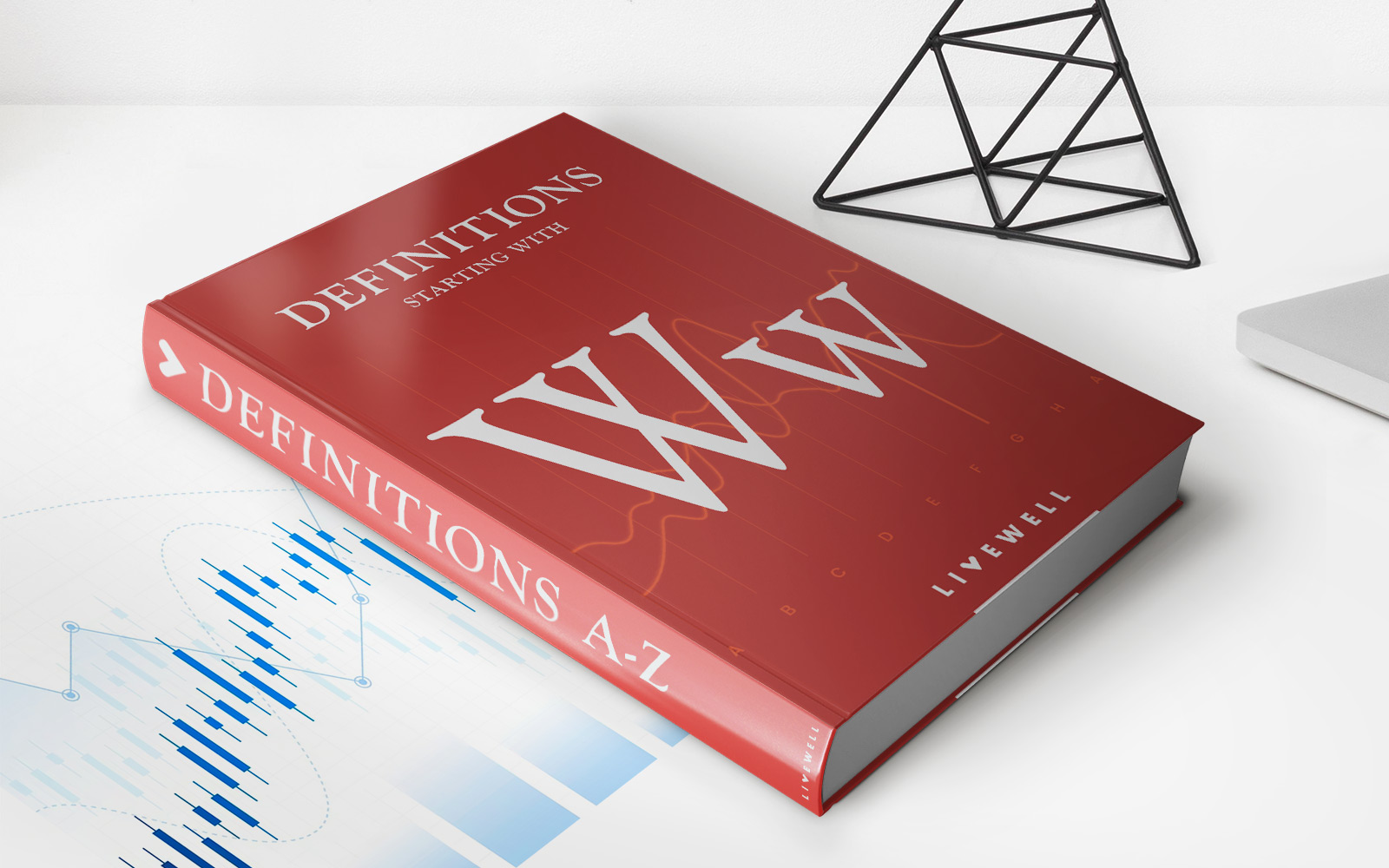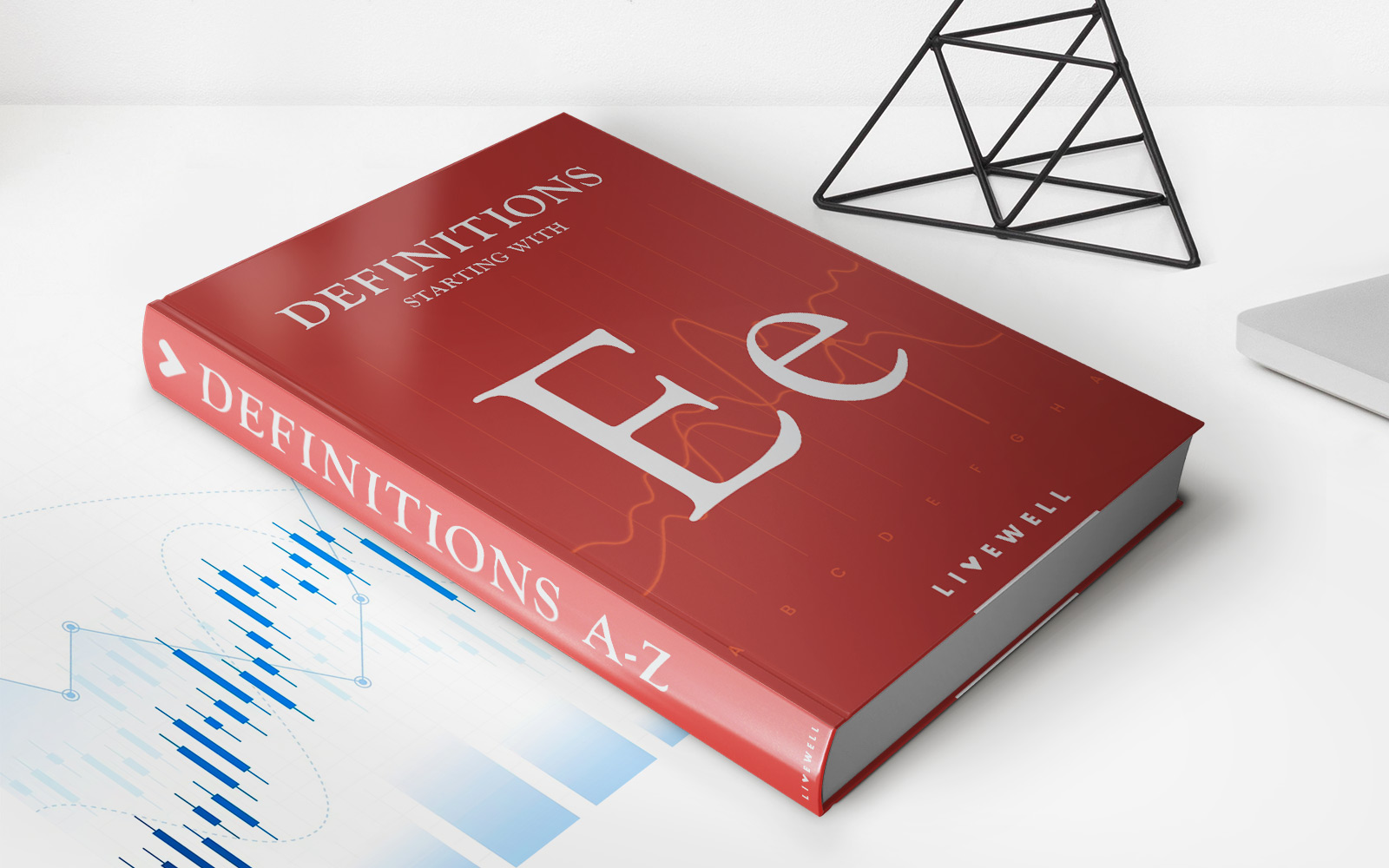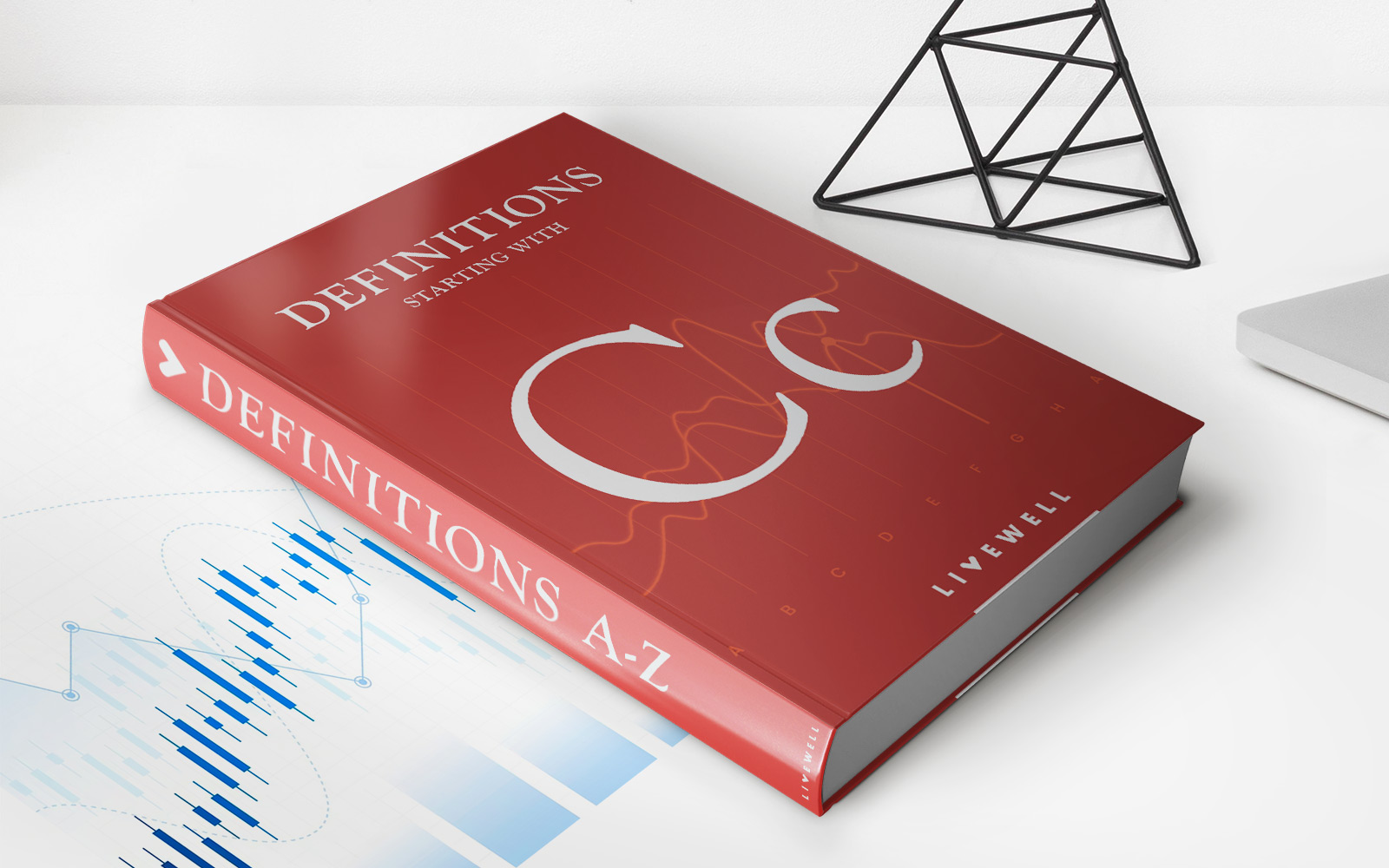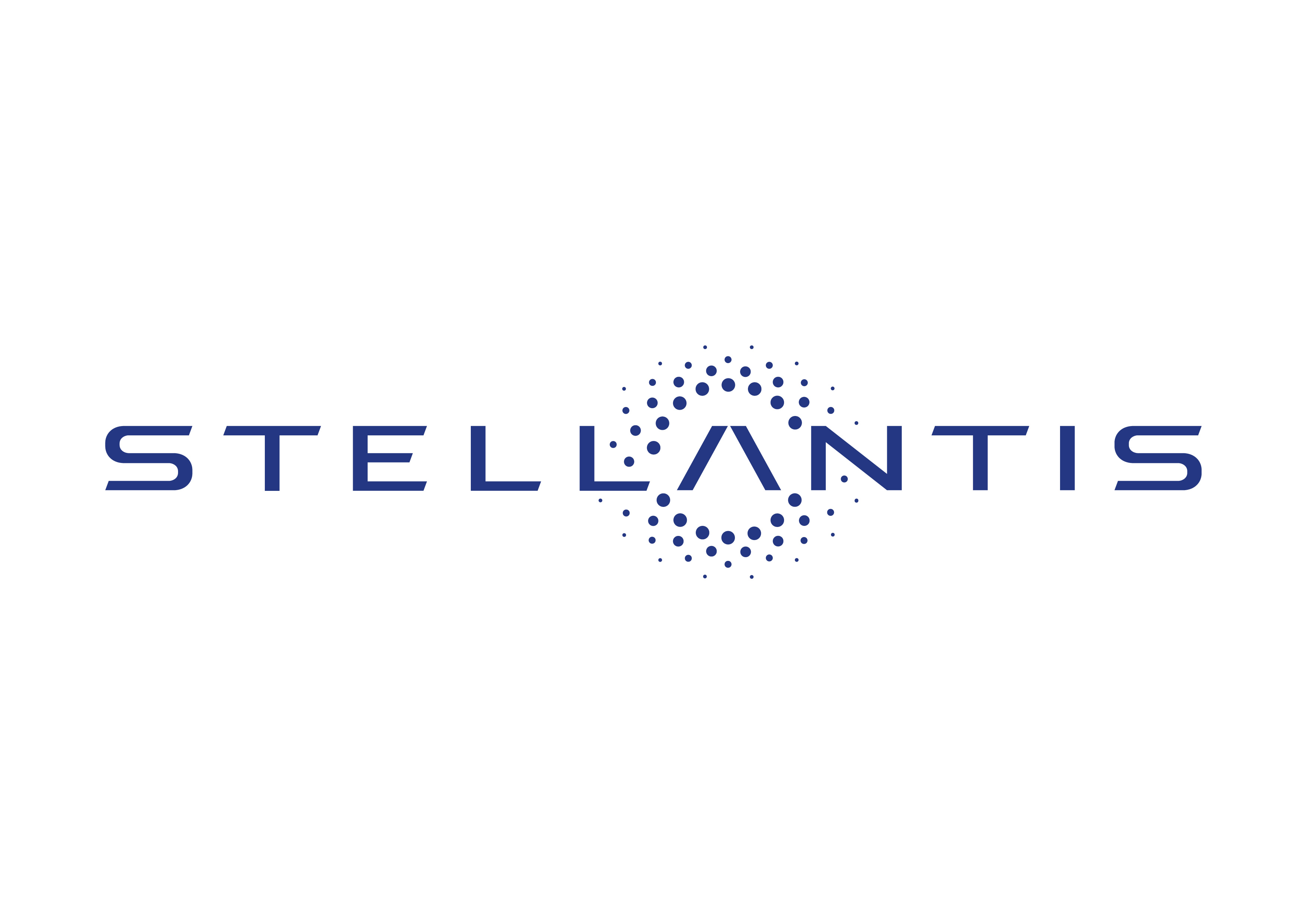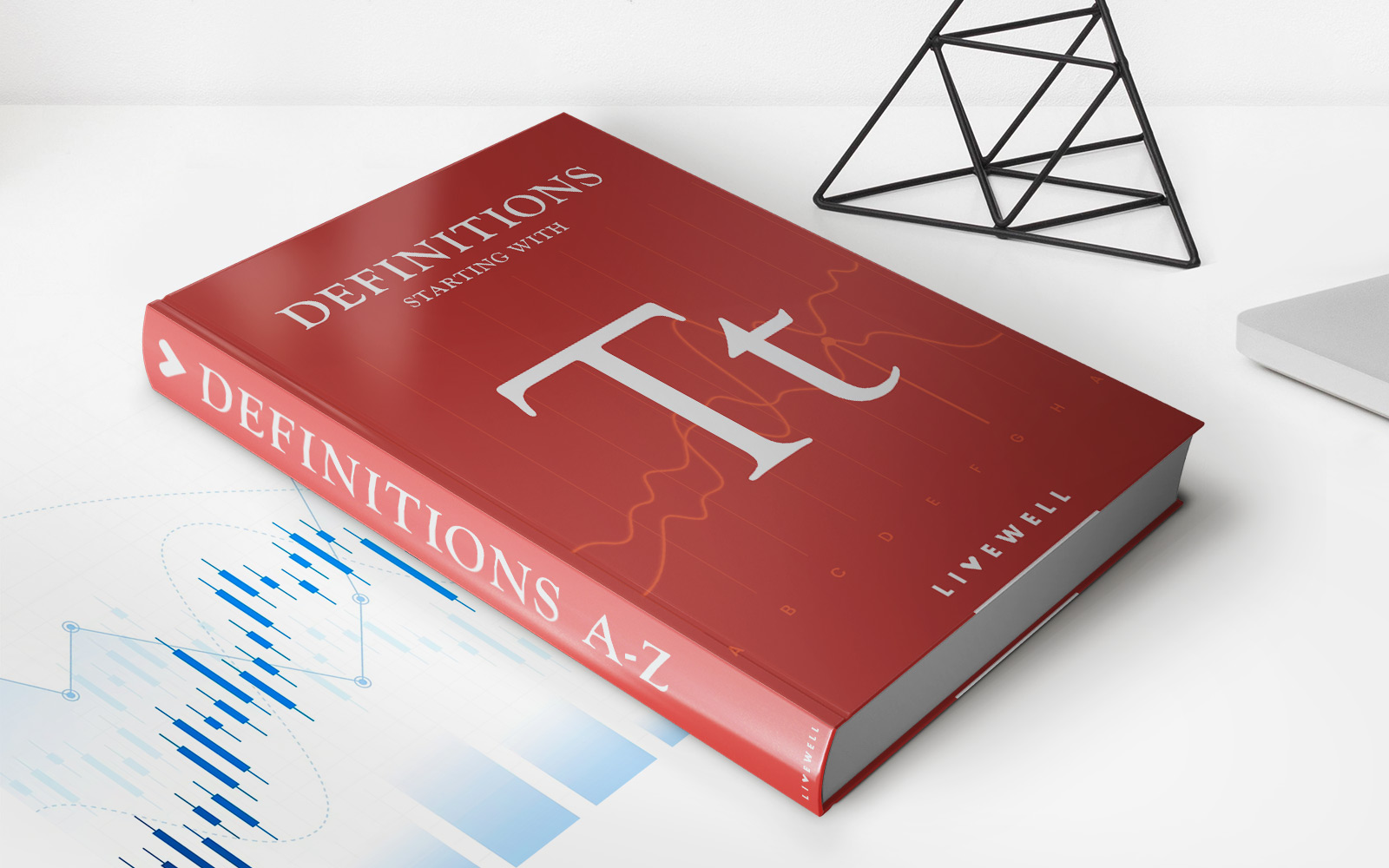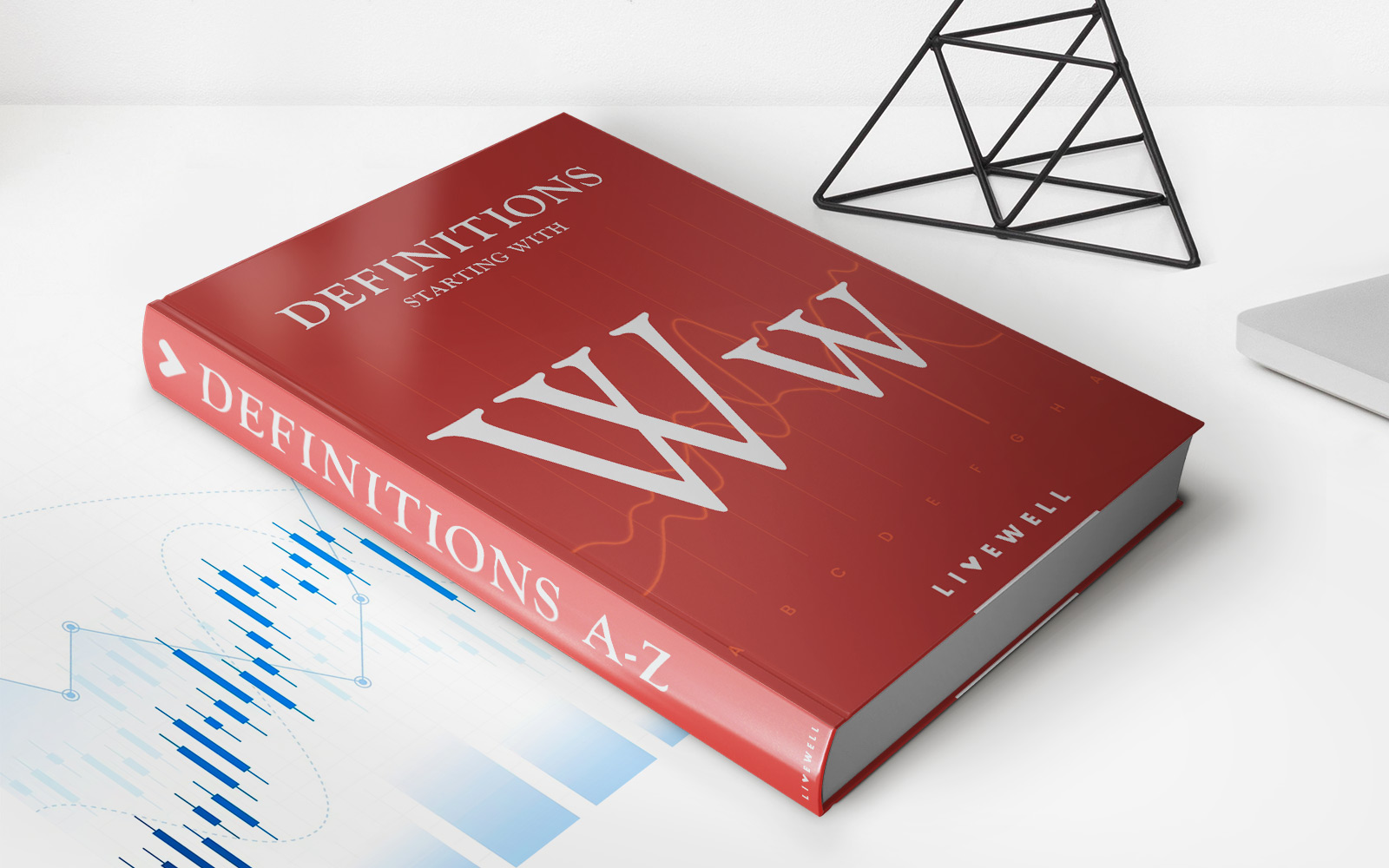

Finance
Waiver Of Coinsurance Clause Definition
Published: February 17, 2024
Learn the meaning of a waiver of coinsurance clause in finance. Understand how this clause can impact your insurance coverage and financial responsibility.
(Many of the links in this article redirect to a specific reviewed product. Your purchase of these products through affiliate links helps to generate commission for LiveWell, at no extra cost. Learn more)
Understanding the Waiver of Coinsurance Clause in Insurance Policies
When it comes to insurance policies, there are a multitude of terms and conditions that can be quite confusing for the average person. One such term is the “waiver of coinsurance clause”. But fear not, as we are here to demystify this clause and help you better understand how it can affect your finances.
Key Takeaways:
- The waiver of coinsurance clause can protect policyholders from hefty out-of-pocket expenses.
- It is crucial to review and understand the terms of your insurance policy to determine if this clause is included.
So, what exactly is a waiver of coinsurance clause? In simple terms, it is a provision in an insurance policy that waives the requirement for policyholders to pay a certain percentage of covered expenses out-of-pocket. Typically, insurance policies have a coinsurance clause that requires policyholders to pay a percentage of the cost, usually 20-30%, while the insurance company covers the remaining percentage. However, with a waiver of coinsurance clause, that out-of-pocket expense is eliminated or reduced.
Now you might be wondering, why would an insurance company offer such a clause? Well, it is a way for insurance companies to incentivize policyholders to seek a higher level of coverage and reduce the financial burden on the insured. By waiving the coinsurance requirement, the insurance company assumes a greater portion of the risk, which may result in higher premiums for the policyholder. This additional cost often proves to be worth it for individuals or businesses who want the peace of mind knowing that they won’t have to pay a significant percentage of covered expenses out-of-pocket.
It is important to note that not all insurance policies include a waiver of coinsurance clause. That’s why it is crucial to review and understand the terms of your policy. If you believe this clause would be beneficial for your financial situation, be sure to discuss it with your insurance provider when purchasing a policy or during the annual renewal process. They will be able to provide you with all the necessary information and help you make an informed decision.
To summarize, the waiver of coinsurance clause can be a valuable addition to an insurance policy, providing peace of mind to policyholders by eliminating or reducing the out-of-pocket expenses they would normally have to pay. If you think this clause could benefit your financial situation, reach out to your insurance provider to learn more and make an informed decision.

